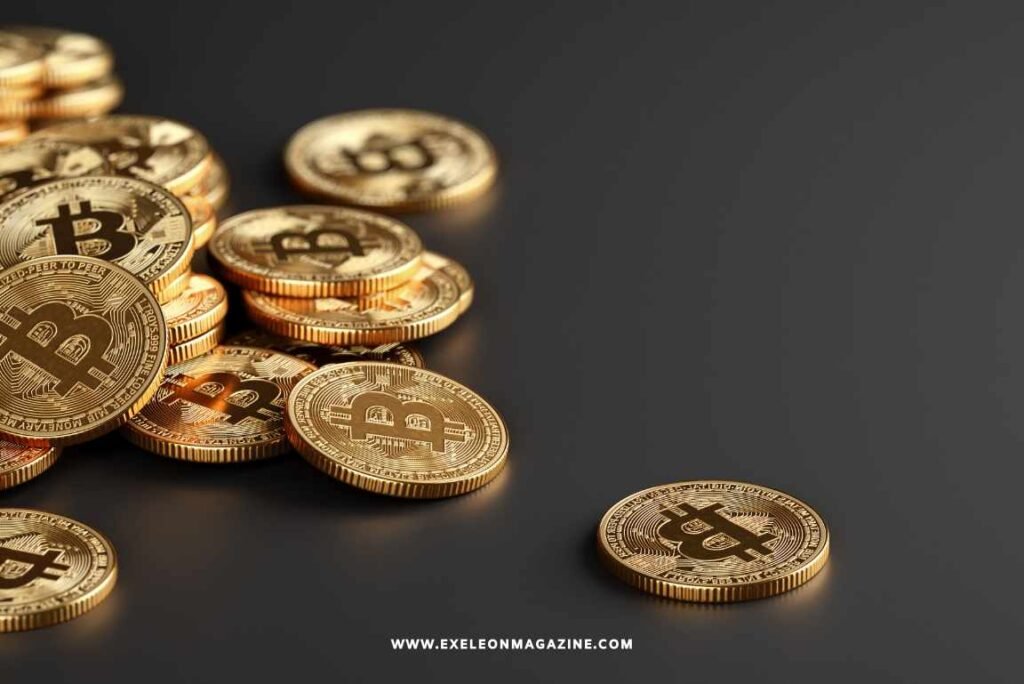When most people hear “cryptocurrency,” their minds immediately jump to Bitcoin, the digital superstar that started it all. While Bitcoin certainly paved the way, it’s only one piece of a much bigger puzzle.
The crypto world has evolved into a vast landscape filled with coins, each trying to carve out its niche. What about all the other coins out there — the ones that aren’t Bitcoin? Welcome to the wild world of altcoins.
What Exactly Are Altcoins?
Altcoins, short for “alternative coins,” refer to any cryptocurrency that isn’t Bitcoin. Think of them as the indie artists of the crypto world — sometimes a little quirky, often misunderstood, but occasionally, they hit it big. These coins can vary widely in how they work, what they aim to do, and, most importantly, how much they’re worth.
Speaking of worth, keeping an eye on crypto prices is key when navigating the altcoin market. Like Bitcoin, altcoins can experience huge price swings — one minute, you’re up, and the next, you’re down. For cautious investors and crypto daredevils alike, altcoins have a place in the portfolio.
A Few Big Players in the Altcoin Space
While there are thousands of altcoins out there, some have managed to stand out from the crowd. Take Ethereum, for example. Ethereum is more than a currency — it’s a platform that allows developers to build decentralized apps, also known as dApps, which is why it’s often referred to as “the world’s computer.”
Then there’s Litecoin, often called the “silver to Bitcoin’s gold.” It’s faster, cheaper to use, and designed to handle more transactions in a shorter time. Ripple (XRP), on the other hand, focuses on speeding up international transactions, partnering with banks to move money across borders lightning-fast.
Why Are Altcoins Necessary?
Now, you might be wondering, if Bitcoin is so great, why are altcoins even necessary? Although Bitcoin was the first, it’s not perfect. Altcoins exist to address Bitcoin’s limitations, improve its technology, or focus on specific use cases.
For example, some altcoins, like Monero, are designed to offer more privacy than Bitcoin, making it nearly impossible to trace transactions. Others, like Cardano, focus on being environmentally friendly and scalable, offering solutions to some energy concerns plaguing Bitcoin mining. Altcoins are like the crypto world’s answer to “there’s always room for improvement.”
Types of Altcoins: From Meme Coins to Major Players
Altcoins come in all shapes and sizes. You’ve got serious contenders like Ethereum and Cardano, and then you’ve got Dogecoin — a coin that started as a joke. That’s right, Dogecoin was inspired by a meme of a Shiba Inu dog and somehow skyrocketed in popularity.
Then there are stablecoins, like Tether, which aim to provide stability by being pegged to a traditional currency like the U.S. dollar. From serious to silly to steady, altcoins offer something for everyone.
How to Buy Altcoins & What to Look For
The good news is that buying altcoins is easier than ever. Most popular cryptocurrency exchanges, such as Coinbase, Binance, and Kraken, offer a wide variety of altcoins to choose from. It’s as simple as creating an account, linking a payment method, and purchasing.
Before you rush in, take a moment to do some research. When buying altcoins, it is important to look at factors like market cap (a measure of the coin’s total value), the team behind the project, and the community supporting it. Of course, keeping an eye on crypto prices is also crucial—especially since altcoins can be even more volatile than Bitcoin.
Are Altcoins Risky?
Like anything in the crypto world, altcoins have their share of risks. One of the biggest risks is volatility. One day, your altcoin might be soaring; the next, it could come crashing down, leaving you holding onto coins worth a fraction of what you paid.
Another risk? Scams. Not every altcoin out there is legitimate, and it’s essential to watch out for “pump and dump” schemes where a coin’s price is artificially inflated, only for the creators to sell off their holdings, leaving investors in the dust. When it comes to altcoins, it’s always a good idea to do thorough research before jumping in.
The Future of Altcoins
While no one can predict the future, one thing’s clear: altcoins are here to stay. With innovations in blockchain technology, decentralized finance (DeFi), and the rise of NFTs, altcoins are becoming more integrated into everyday financial systems. Many believe that altcoins will play a crucial role in shaping the future of finance, whether it’s through speeding up transactions, enhancing security, or offering new investment opportunities.
The crypto world moves fast, so keeping an eye on the latest trends will help you stay ahead. Altcoins might not replace Bitcoin, but they’re carving out their place.
More Than Just Bitcoin
At the end of the day, while Bitcoin may be the king of crypto, altcoins are the underdogs that bring innovation, variety, and a lot of excitement. Whether you’re looking to invest in something with long-term potential or just want to join in on the meme-coin craze, altcoins offer endless possibilities.
Just remember: in the world of crypto, knowledge is power. Do your research, have fun, and enjoy the ride.










